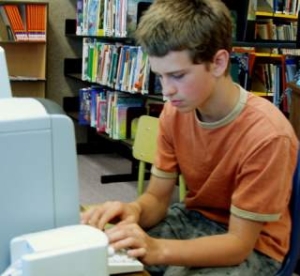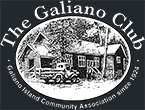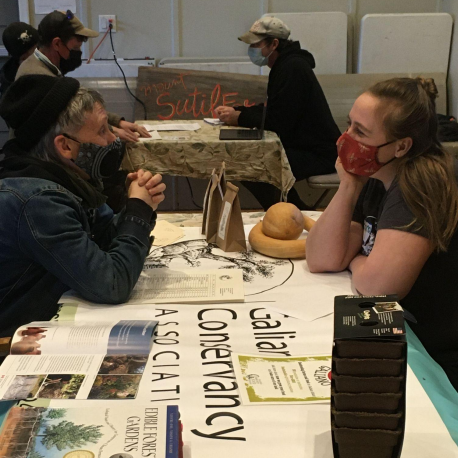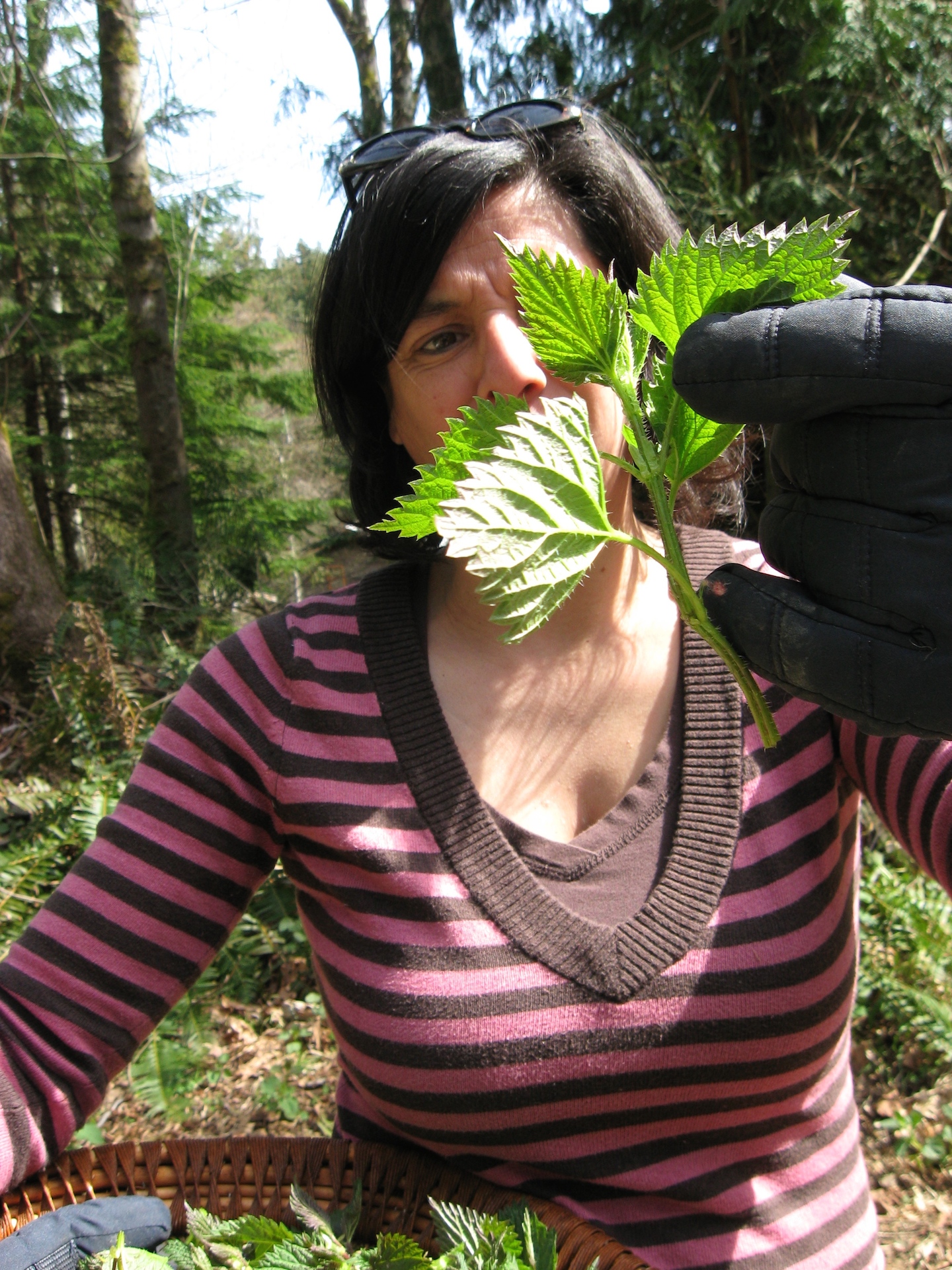 Jacob: When you were a child, how did you get your food?
Jacob: When you were a child, how did you get your food?
Kate: Well I grew up in England and I grew up during the war. So that was a special time in England and most of our food was local becase there were a lot of submarines and warships all around the island of Britain and so we couldn’t have food brought in from outside. We used to buy most of our food in stores, but not super markets like you have today, more little stores which would sell one particular kind food, like fish shop, or a meat shop or a veggi shop. There were a few little stores, more like our corner stores that would sell a variety of things. We had a few thing delivered to our door, and one of the main things was milk. Our milkman came every day, and during the war there was a great shortage of gasoline in England, so he brought it in a van pulled by a horse. We also had a little farmers market where some of the farmers would bring veggies and fruit, and occasionally things like chickens, although they were rather rare, and eggs to that market on a Saturday so that’s mostly where we got our food.
J: When you were young, how did you keep your food?
K: Well, we shopped basically every day. We kept some root veggtables and potatoes in a cool room in the house. We had a refrigerator so we could keep food. If we bought fish in the morning we could keep it cool, or meat and eggs or stuff like that. We also canned, in England that’s called bottling, so we bottled a lot of fruit and some veggies in the summertime for the winter. We also pickled things and spiced them, veggies particularly, we used to spice onions and beetroot and other veggies too, I think. Some people, I think, dried things .We were not very much into drying things in my family.
J: How was getting food different when you were a kid?
K: Well, getting food was different in the sense that we used to walk, and we walked quite long distances to get food. Now, my mother was a doctor and because she was a doctor she had a car and gasoline, so my mother and my father, (my father was ill,), but he used to drive my mother, and so they would go to some of the stores for big heavy things. Now, because my mother was a doctor, she worked in some of the rural areas around the little city were we lived, because a lot of the male doctors had been called up and were in the war, so she had a huge practise. She worked very hard but she would go out to the farm houses if there was a serious illness or particularly to deliver babies. And there was a maternity nurse who would go out and deliver the babies with her, but she would usually come for the deliveries if she could, and the farmers would often give her a little gift of food. It could be butter or eggs, or if we were really lucky, a chicken, because she had done that and there was also a convent nearby. She looked after the nuns in the convent and they kept bees. Now, in England during the war, if you kept bees you were allowed a big ration of sugar to feed the bees, and so when she went out to the convent she often came back with honey, and sometimes the nuns would sneak a little bit of the bees’ ration of sugar, and would make candies, called sweets in England, and we would get a little present of sweets, usually fudge. It was very good.
J: What is you favourite local food?
K: Well, one of my favorite local foods for sure, is blackberries. I had a lot of blackberries growing in my garden or all around my garden. I pick those in the fall and enjoy them a lot.
J: Tell me about a food memory you have from childhood.
K: Well, I can remember going with my father, because as I explained, my father used to drive a car, and while my mother was in her office he would sometimes do some shopping. And he was a very good shopper because of course it was unusual for a man to go shopping in those days, and some of the storekeepers were men and they really liked to chat with my father, who was a very good social person .And I remember particularly going to the cheese shop with him and in those days the cheeses were huge big things. They were great big round things and we had rations of cheese that were tiny, really minute, about 2″x3″x1″ – that would be the ration for an adult for a week. But i remember going in there and being lifted up beside these cheeses which were actually taller than I was, and having the cheese monger chop a piece of cheese that was big enough to fill my hands, and eating it. So that was a very special thing to do while my father and the shop keeper were chatting away, and I was chewing on the cheese.
J: What seasonal foods do you eat?
K: Well, I have a garden and, oh I forgot to mention, actually in England we had a house that was built around a square and that usually that had a nice lawn in the middle and bushes and flowers and things, but during the war that was dug up and turned into allotments. Each house around was able to have a little allotment if you wanted. And so we had an allotment, so we grew some veggies, but not very many, and the person who did our gardening for us liked to have the veggies for us when they were very big. they were usually very tough and so people form the house would try to sneak out and pick beans and peas and carrots while they were kind of small, and would get into a lot of trouble. So we grew a little bit of our food. I grow veggies and things in the summertime. Nowadays I freeze my food so I freeze corn, I freeze a lot of fruit and I eat fruit through ut the winter that I’ve frozen in the summertime. So I buy rather little fruit in the wintertime because of that.
J: How and where do you shop for your food?
K: Nowadays? Well, I shop partly here on the island in the stores on the island, but it is very expensive to shop here, and the choices are a little bit limited, so when I’m in town I also shop in town, and I don’t very much like shopping in really big supermarkets, so I prefer to shop in small stores, and these days I’m trying to buy a lot of organic food. So I tend to shop in stores that sell organic food.
J: Why did you choose these recipes?
K: Well, partly I chose them because I thought a lot of people would choose sweet things, so I decided to do pickled things, and because we used to pickle things when I was a child and I thought it would be nice to include things that were sort of pickled. I included one jelly recipe because those are actually fruits that are growing around my yard here. I have hawthorn trees which have a lot of bright red berries that the birds eat in the wintertime, so do squirrels I discovered, and rose-hips too.
So I included those because I have them growing around me. I also have a crabapple tree out on the road where there are lots of crab-apples. The ketchup was just fun, and I don’t actually pick mushrooms myself but I know a lot of people who do, and I thought it would be fun to have a mushroom recipe so people could make something fun with mushrooms.
J: How did obtaining food change for you when you moved to Galiano?
K: Not really very much. When I was younger and kids at home and we used to have a lot of food because I had four kids and so the shopping was huge especially when they were teenagers. Of course I used to shop in a supermarket getting huge quantities of stuff. But once they were grown up and I was living in a smaller arrangement I used to shop particularly in the smaller stores. I’ve kind of kept that habit going. I’ve tended to, and still tend to shop locally, here and in the city because I like to support local stores as I do here.
J: What foods make you think of spring? Why?
K: Well, the big food that really makes me think of spring is rhubarb., because I’ve got masses of rhubarb growing. I’ve got a really big rhubarb patch growing and I picked my first rhubarb last week. I really like it stewed with strawberries, a little bit of honey and then I eat it in the morning with some yoghurt and granola and it is very very good.
J: What foods make you think of summer? Why?
K: Well, in summer we have such wonderful veggies, so I really like to grow peas and beans and beetroot and garlic. I grow a lot of garlic and onions. So I would say that I tend to think of the food that I eat particularly in terms of veggies and fruit. Of course we have a lot of fruit, I have a great big strawberry patch. They’re really delicious. I expect a huge crop of strawberries this year and a few raspberries, but then I grow currants and apples and plums too.
J: What foods make you think of fall? Why?
K: Fall, well, late summer and the beginning of fall is really blackberry season, and so I’m out gathering blackberries. And apples, I think, go into the fall too. I see people gathering mushrooms and things then so I think of mushrooms in the fall, and I do eat them, that other people have collected.
J: What foods make you think of winter? Why?
K: Well, one of the foods that I really dislike makes me think of winter. And that is the brussels sprout. I hate it! But there it is, a common food in the wintertime, which I try to avoid. So in the wintertime I’m eating my frozen fruit and some frozen veggies which are very delicious. I like those a lot. I don’t really pick much to eat in the wintertime. I’m growing some things usually in the winter. The other thing in the spring which I didn’t plant last fall, which I usually do, which I like very much are broad beans, and they usually are ripe in the early summer as I leave them in over the winter.
by Jacob Parfitt




Leave A Comment
You must be logged in to post a comment.